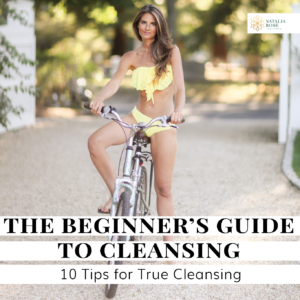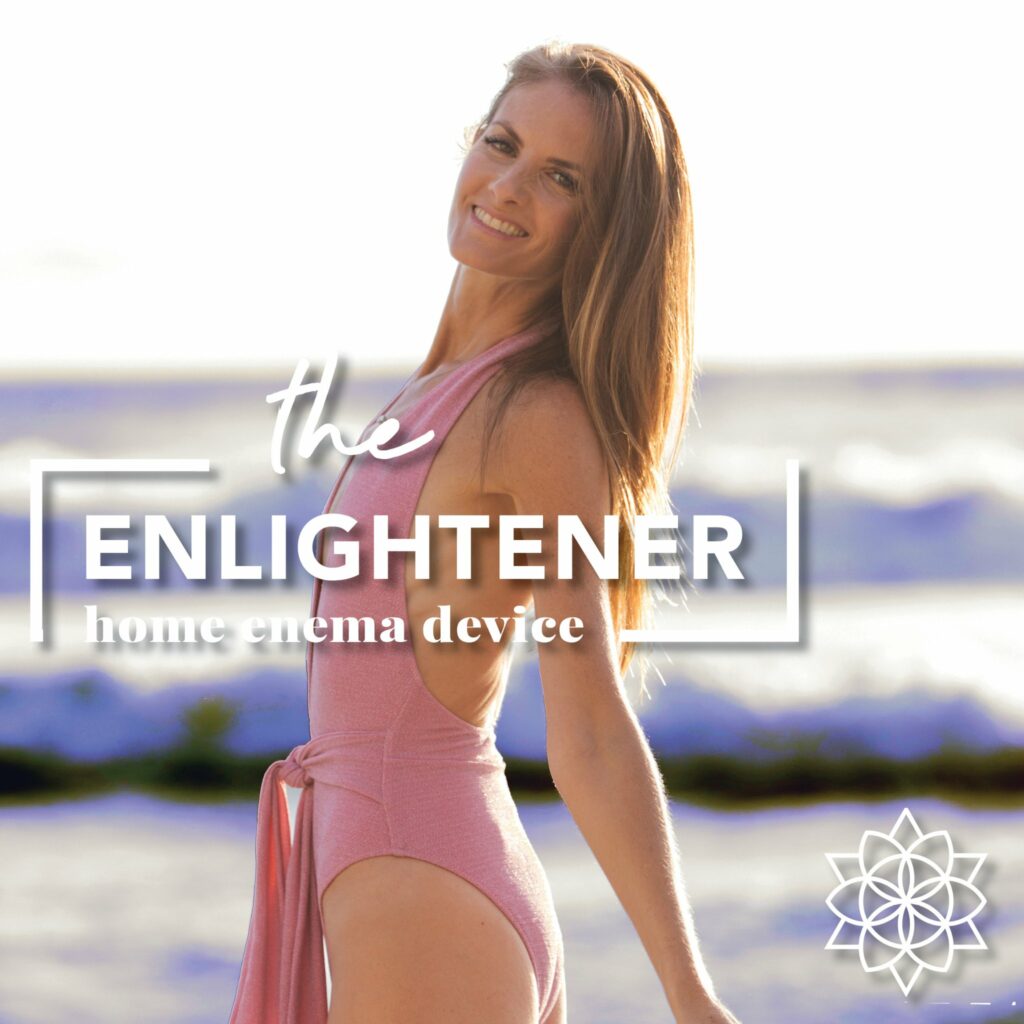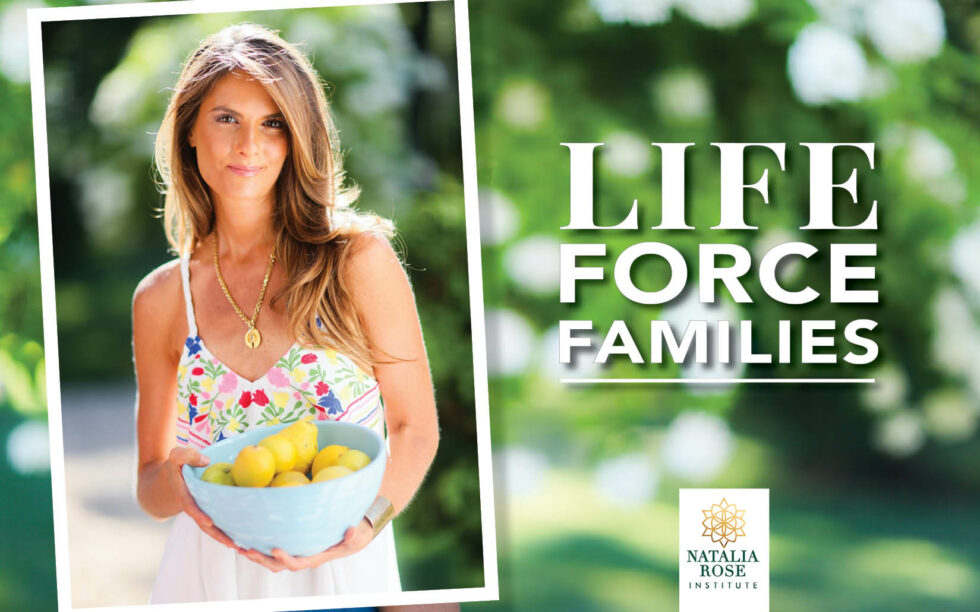Free will is the most important legacy we have from the Universal Spirit. We are constantly being presented with choices in life, “forks in the road” that lead to different places. Free will lets us choose. That ability to choose gives us the power to take our life in any direction we want . . . and create our future life. —Jon Peniel, from The Children of the Law of One
The fundamental religion of this culture is that of human dominion, and it does not matter so much whether one self-identifies as a Christian, a Capitalist, a Scientist, or just a regular member of this culture, one’s actions will be to promulgate this fundamentalist religion of unbridled entitlement and exploitation. This religion permeates every aspect of this culture. This is a big problem, a problem big enough that it is killing the planet. —Derrick Jensen
Freedom of choice is a concept that most of us in the Western world take for granted. We appear to have countless choices wherever we turn—whether it’s at the supermarket, the department store, the car dealership, a restaurant, or at nearly any other kind of retailer. But there is a difference between the illusion of choice and freedom of choice. How often do we pause to really think about what we’re supporting when we purchase, say, that cartload of groceries, or a new pair of jeans, or a cute new handbag? Does all this choice actually offer us real freedom or is it an illusion of freedom that sneakily enslaves us and harms many others? Well, let’s take a look at one such scenario.
Let’s say you want to buy a trendy new handbag by a big brand name, but you can’t afford it. So you go down to Chinatown, NYC, where everyone knows you can buy cheap designer handbag knockoffs. You figure most people can’t tell the difference between the knockoff and the real thing, anyway, so why not? Well, guess who’s busy making those cute little bags? Little children, particularly little girls, are being forced to manufacture them in terrible conditions. According to certain insiders, these young girls, ranging in age from 6 to 18, frequently get their legs broken so they cannot run and play. Driving this practice are shoppers, who come to the area specifically for this cheap specialty item, keeping it in high demand.
This kind of activity goes on day in and day out around globe, based on common consumer activities, and as members of modern society, we are all complicit. As much as we would like to pretend that we are not to blame for society’s routine injustices (whether wielded against people, wildlife, or the planet), the reality is that every single choice we make contributes either to the destruction of life on the planet or to the healing of it. It does us no good to palm off responsibility to others.
We must always be asking ourselves: Will the next choice I make be healing or destructive? Even if we are not ready yet to eat only local, seasonal foods or give up our cars to rely solely on public transportation, we can still start shopping for our veggies at the local farmer’s market, or decide to take the train to grandma’s house for a change.
We support whatever we spend our money on, and we cannot excuse our purchasing choices just because no activists are posting signs or picketing. It is our responsibility to research and understand where we are spending our money, energy, and resources—not just as a society, but as individuals. In fact, it is in our own best interest to do so, as members of the interconnected whole of life. We cast our vote multiple times a day, whether we know it or not. We, not some phantom authority sitting on high, are the ones with the power to destroy or heal.
Yes, the concept of voting with our wallets is simple enough to grasp, but it’s not always so simple to act upon. Why? Because our world is rife with consumer traps and snares that trip up even the most well-intentioned individuals. Even a pretty basket of fruit might have questionable origins. Still, we can and must continue to educate ourselves, in order to make increasingly informed decisions. Every life-generating step toward authentic health, love, and beauty makes a difference. Indeed, there are a lot of forces and false authorities working against this higher purpose, but that is all the more reason to reclaim our freedom of choice and learn how to wield it! We begin to do this by taking a moment to step back, dial down all the chatter, and start listening to the voice within.
Exercise: Clearing Your Inner-Space for Freedom of Choice
When we’re feeling powerless and inundated by the pressures of modern living—which, in today’s high-speed technocratic world, is the norm for most people—we become extremely vulnerable to all kinds of destructive habits, conditioned thinking, and peer pressure. Often this leads to such behaviors as binge eating and binge shopping, which only bring temporary numbing relief, but leave us feeling even worse and more powerless than before. The next time you feel yourself spiraling out of control in this way, before you completely cave or make another destructive choice, take a moment to try to quiet your mind, find your center, and honestly ask yourself the following questions:
• How many different voices and opinions are ringing in my ears right now, and which, if any, are authentically my own?
• Do I really need or even truly want this product that I’m shopping around for? Why am I agonizing so much over which brand or model to purchase? Are all these “choices” truly empowering me?
• Will eating all this greasy food actually make me feel better, or is it just a mindless habit that supports the food conglomerate and leaves me feeling bloated and ashamed?
• Why am I running myself ragged to attend all these social functions? Which of them are really important to me, and which are just a matter of keeping up appearances?
• Why do I spend so much of my free time e-mailing, IMing, and surfing the Internet? Do they really make me feel more connected to others? What am I sacrificing by choosing to do this?
These are just examples of the kinds of questions you might pause to ask yourself. They will help you to realize just how fragmented and scattered your thinking can be (the natural expression of a fragmented self) and honestly reassess your choices before you make another one you’ll regret. As long as you sign away your power and let the world make your choices for you, you will perpetuate all kinds of suffering—others’ and your own. If you do not call upon your own highest authority, these riptides of consumerism and social conditioning will carry you off, farther and farther away from yourself, into dangerous waters indeed. Worst of all, you probably won’t even know it until it’s too late, because you’ll have fallen for the illusion of choice again and again.
So take the time to pause, breathe, center yourself, and weigh your choices carefully. It does require a vigilance and concentration, but exercising your freedom of choice becomes easier with practice, and is ultimately a lot less work than suffering the consequences of mindless living! Don’t squander your life on false values and aspirations. Take this opportunity to ask yourself the important questions in life—e.g., What kind of person would I really like to be? Which qualities do I want to cultivate? What do I most admire in others, and what do I most deplore? Where do I most want to direct my time, resources, and energies? How would I like to impact the world around me?—and let your answers guide your every choice.
This concludes our tenth lesson. In the next edition of The Rose Program Insider, we will talk about the healing power of patience and perseverance.



